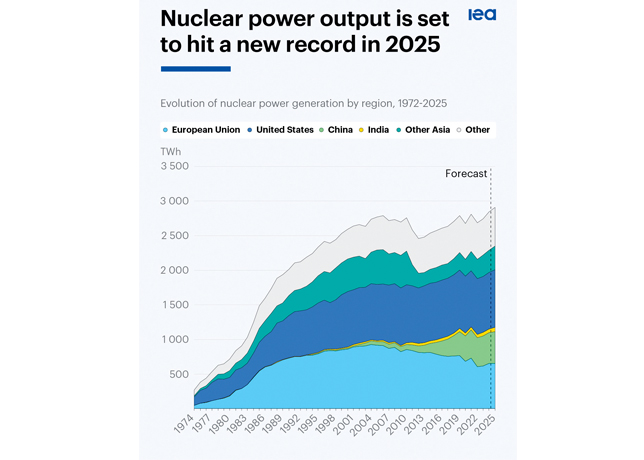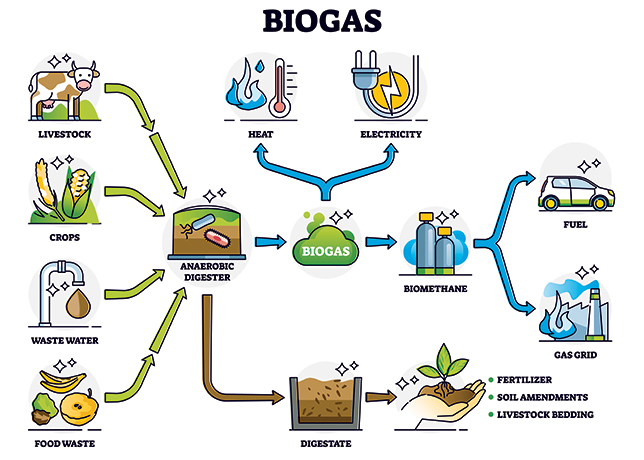 Image by Rorozoa/ Freepik
Image by Rorozoa/ Freepik
Oil prices edged up amid worries of oil supply disruptions in the US and Russia, and as markets awaited clarity on the Ukraine peace talks.
Brent crude futures were up 41 cents, or 0.5 per cent, at $76.25 a barrel at 0720 GMT, and possibly set for a third day of gains.
US West Texas Intermediate crude futures for March rose 44 cents, or 0.6 per cent, to $72.29, up 2.2 per cent from the close on Friday after not settling on Monday because of the Presidents' Day public holiday. The March contract expires on Thursday and the more active April contract gained 42 cents, or 0.6 per cent, to $72.25.
"The psychologically important $70 level appears to have held firm, aided by the Ukrainian drone attack on the Russian oil pumping station and fears that cold weather in the US may curtail supply," said IG market analyst Tony Sycamore.
"On top of that there is some speculation that Opec+ may decide to delay its planned supply increase in April," he said, referring to the Organisation of the Petroleum Exporting Countries and allies.
Russia said oil flows through the Caspian Pipeline Consortium (CPC), a major route for crude exports from Kazakhstan, were reduced by 30 per cent-40 per cent on Tuesday after a Ukrainian drone attack on a pumping station. A 30 per cent cut would equate to the loss of 380,000 barrels per day of supply to the market, according to Reuters calculations.
Meanwhile, cold weather threatened US oil supply, with the North Dakota Pipeline Authority estimating that production in the country's No. 3 producing state would be down by as much as 150,000 bpd.
Additionally, the path to end Russia's war in Ukraine may not be smooth sailing, as Ukrainian President Volodymyr Zelenskiy has postponed this week's trip to Saudi Arabia where US and Russian officials held talks, said Kelvin Wong, senior market analyst at OANDA.
US President Donald Trump's administration said on Tuesday it had agreed to hold more talks with Russia on ending the war in Ukraine. A deal could ease or help remove sanctions that have disrupted the flows of Russian oil shipments.
Analysts at Goldman Sachs said, however, a potential Ukraine-Russia peace deal and associated easing in sanctions on Russia is unlikely to significantly raise Russia oil flows.
"We believe that Russia crude oil production is constrained by its Opec+ 9 million barrels per day production target rather than current sanctions, which are affecting the destination but not the volume of oil exports," they said in a report.
Israel and Hamas will also begin indirect negotiations on a second stage of the Gaza ceasefire deal, officials said on Tuesday. A ceasefire could lead to easing oil prices, as the risk to supply disruptions from conflict reduces.
Various tariffs being announced by the Trump administration could also weigh on oil prices by raising costs of consumer goods, weakening the global economy and reducing demand for fuel. Trump said on Tuesday he intended to impose auto tariffs "in the neighbourhood of 25 per cent" and similar duties on semiconductors and pharmaceutical imports. -Reuters




.jpg)


























































